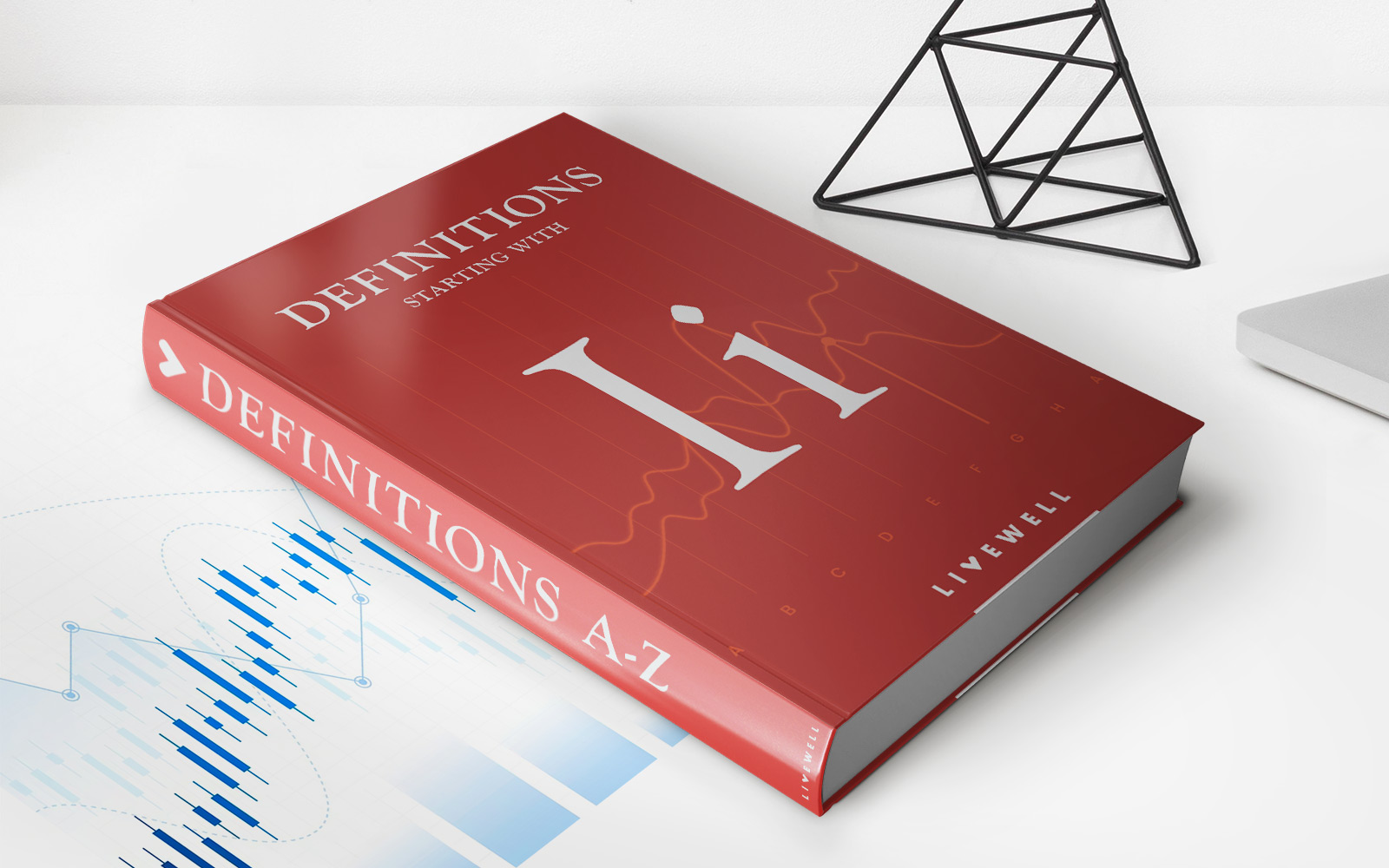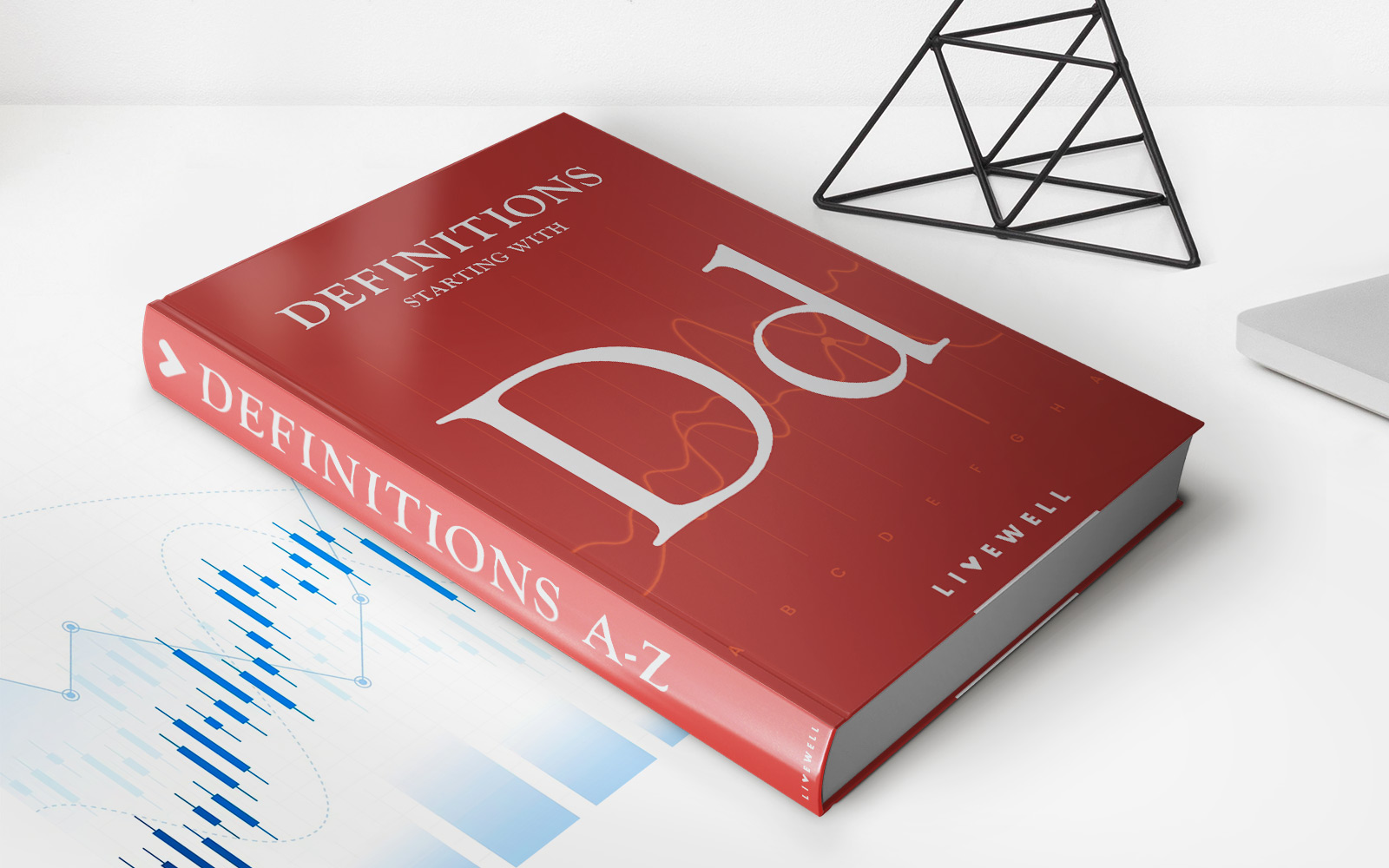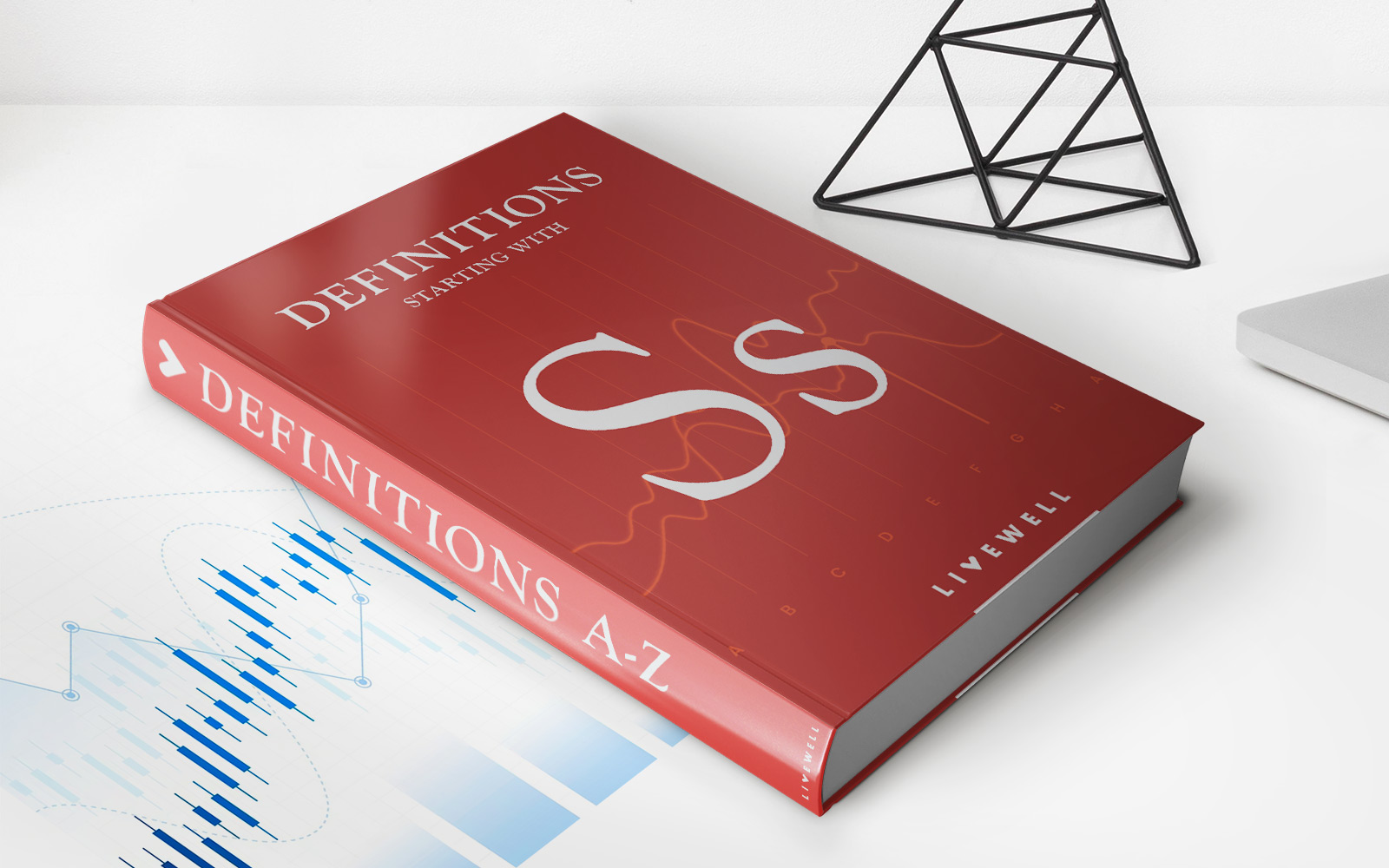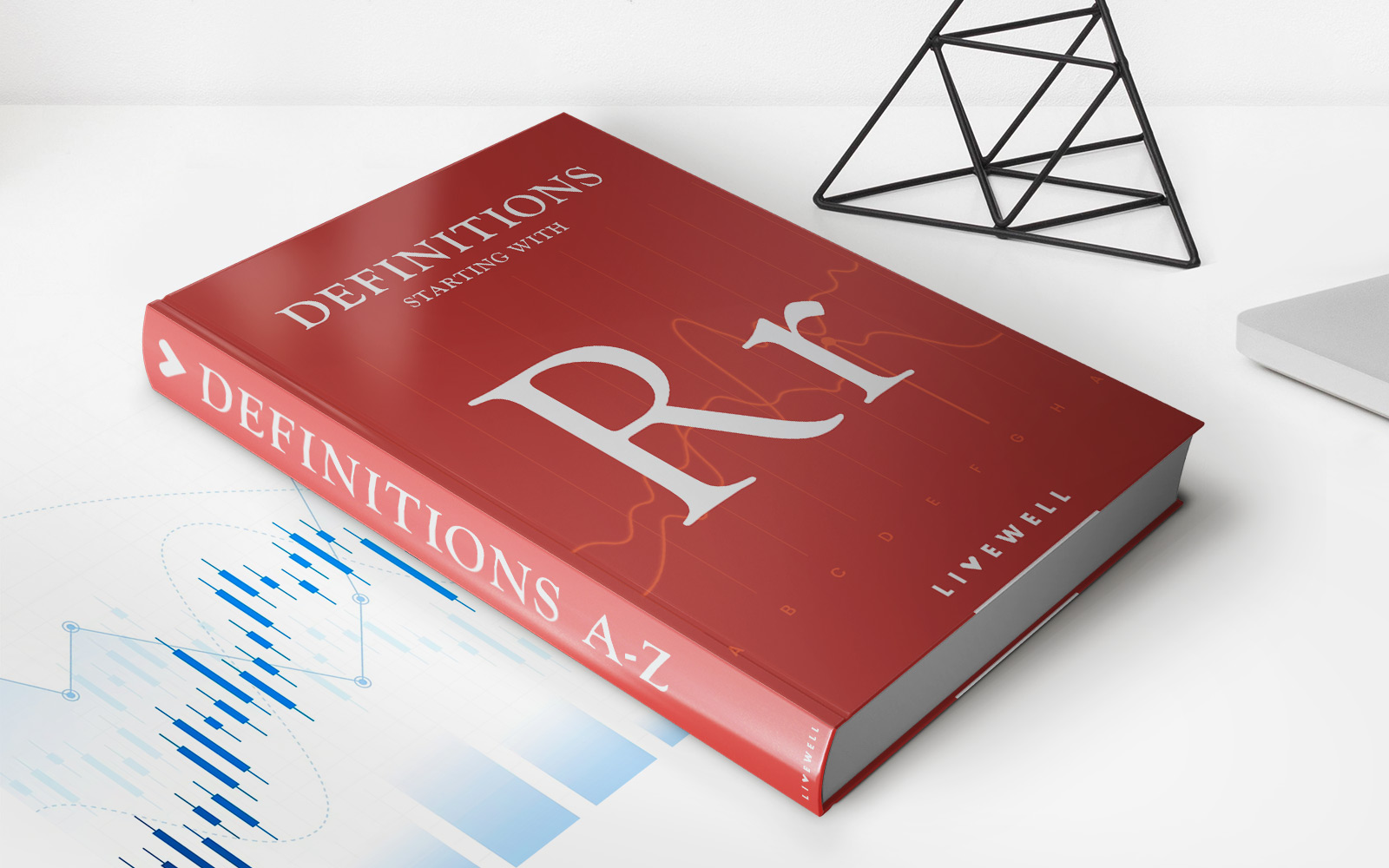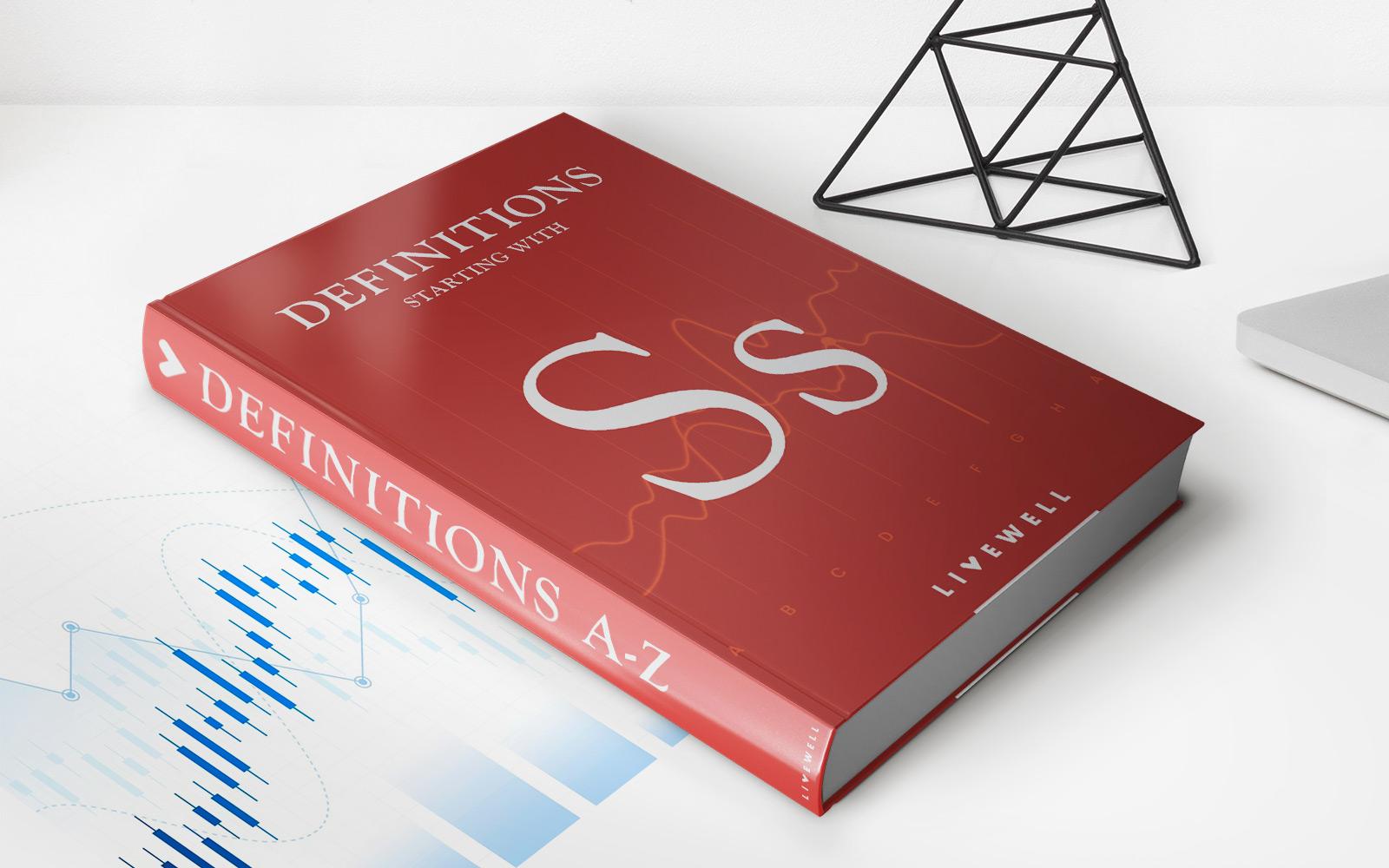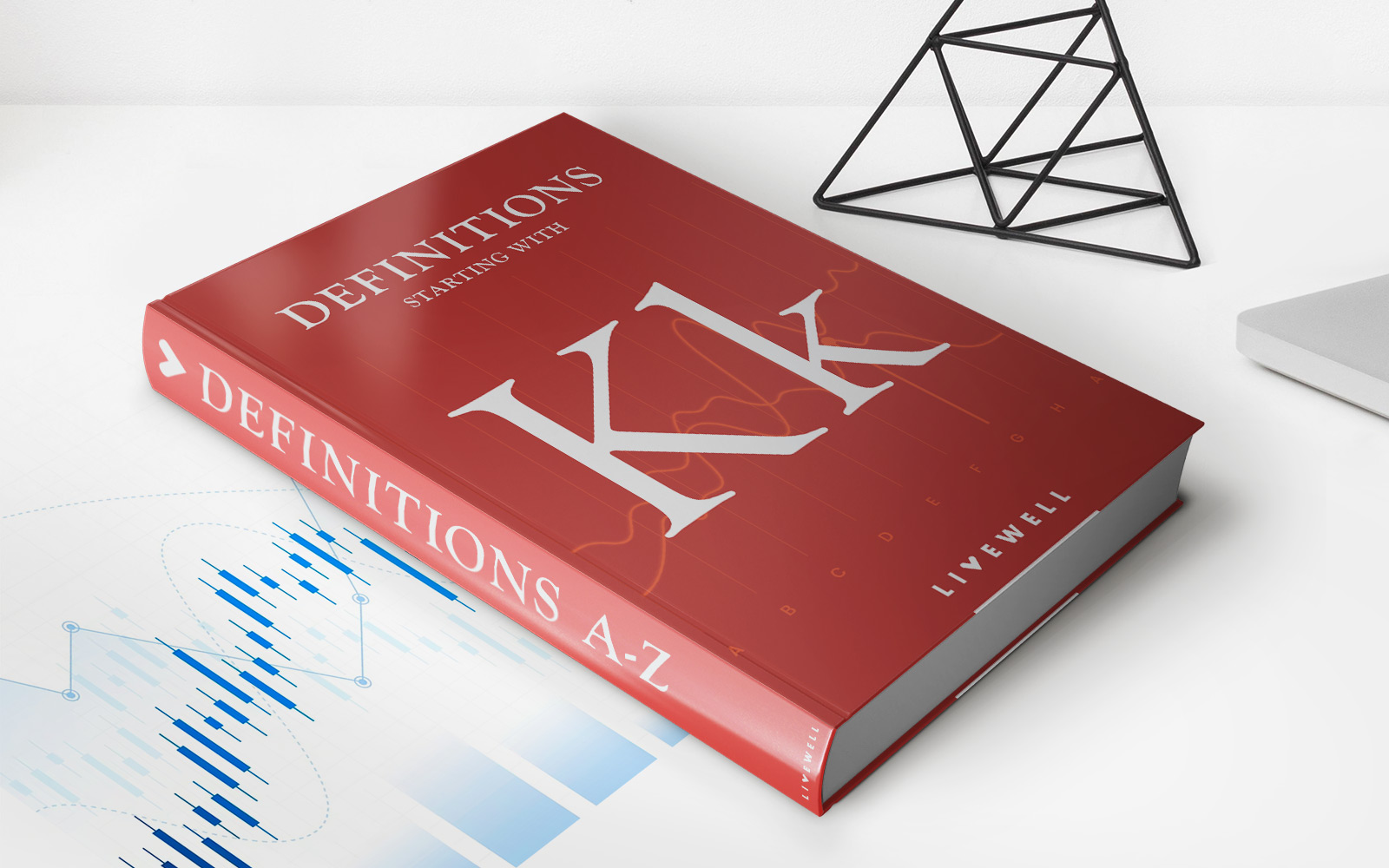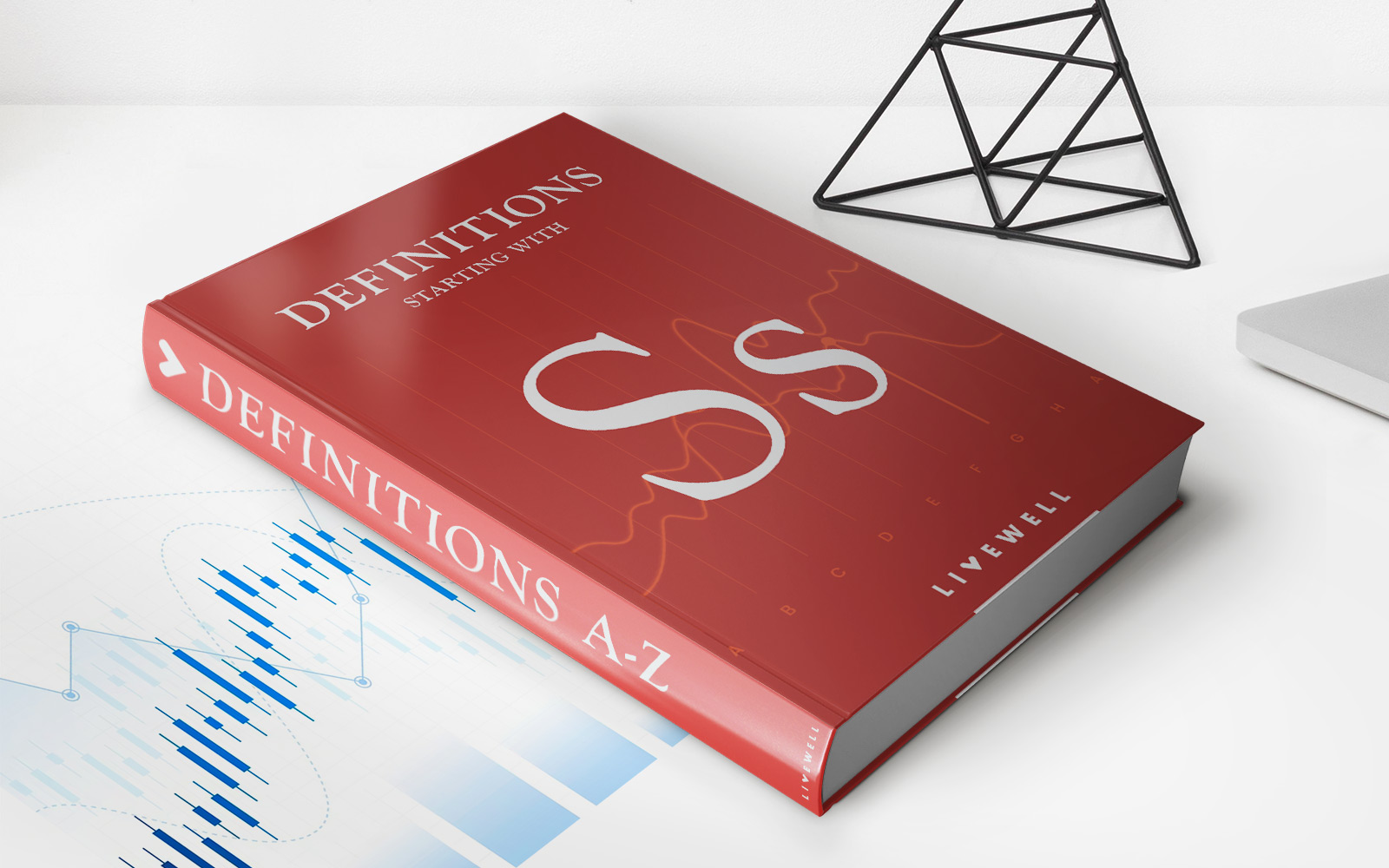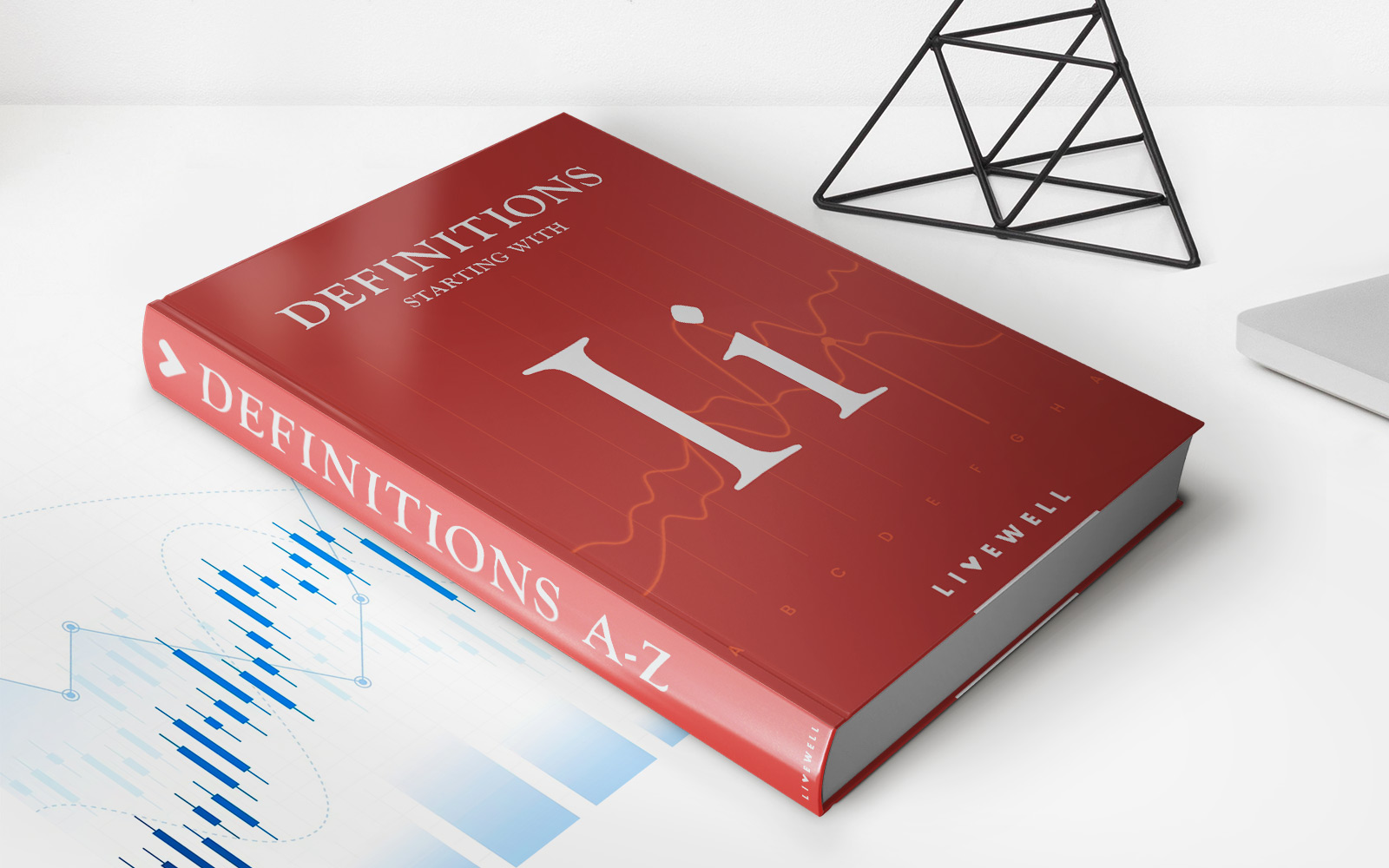Home>Finance>Shariah-Compliant Funds: Definition And Examples
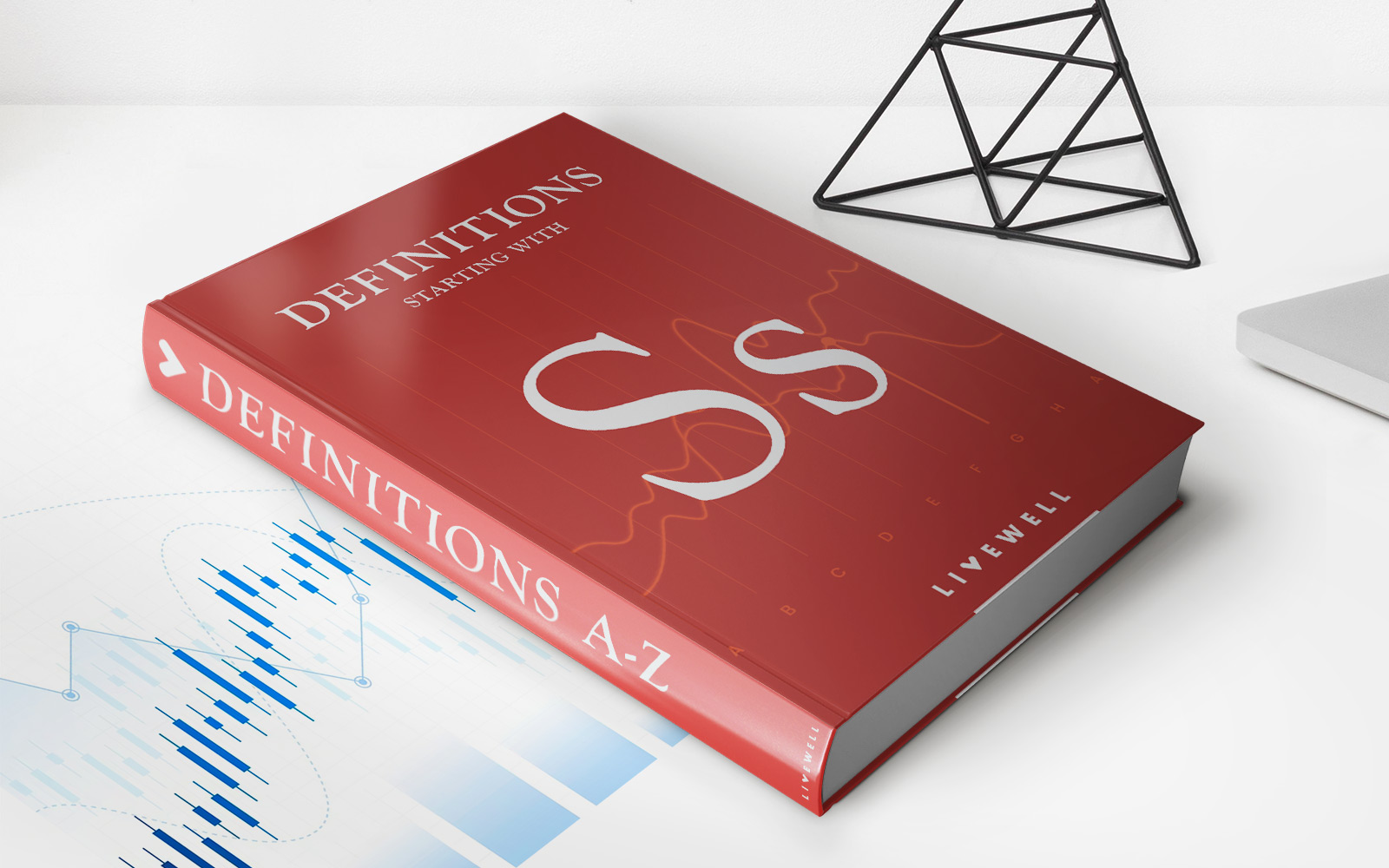

Finance
Shariah-Compliant Funds: Definition And Examples
Published: January 28, 2024
Discover the definition and examples of Shariah-compliant funds in the world of finance. Learn how these funds align with Islamic principles and invest sustainably.
(Many of the links in this article redirect to a specific reviewed product. Your purchase of these products through affiliate links helps to generate commission for LiveWell, at no extra cost. Learn more)
Understanding Shariah-Compliant Funds: Definition and Examples
When it comes to investing, there are many options available, and one such option is Shariah-compliant funds. But what exactly are these funds, and how do they differ from traditional funds? In this article, we will explore the definition of Shariah-compliant funds, and provide some examples to help you understand this unique investment strategy.
Key Takeaways:
- Shariah-compliant funds are investment vehicles that follow the principles of Islamic law.
- These funds avoid companies involved in activities such as gambling, alcohol, tobacco, and interest-based financial services.
What Are Shariah-Compliant Funds?
Shariah-compliant funds, also known as Islamic funds, are investment vehicles that adhere to the principles of Islamic law, or Shariah. In order to be considered Shariah-compliant, these funds must follow strict guidelines that align with the ethical and moral values of Islam. This means that they must avoid investing in companies engaged in activities that are prohibited by Islamic law, such as gambling, alcohol, tobacco, and interest-based financial services.
Shariah-compliant funds are structured in a way that ensures compliance with these guidelines. They are overseen by Shariah scholars, who review and approve the investment strategies and portfolios of these funds to ensure they are in line with Islamic principles. This provides Muslim investors with the opportunity to invest in a manner that aligns with their religious beliefs.
Examples of Shariah-Compliant Funds
Now that we have a basic understanding of Shariah-compliant funds, let’s explore some examples to illustrate how these funds work in practice:
- Islamic Equity Funds: These funds invest in stocks of companies that comply with Shariah principles. Companies must generate their revenue from permissible sources and must not be involved in activities such as gambling or alcohol production.
- Sukuk Funds: Sukuk funds invest in Shariah-compliant bonds, also known as sukuk. These bonds are structured in a way that ensures compliance with Islamic law, and investors receive returns in the form of profit-sharing instead of interest.
- Islamic Real Estate Funds: These funds invest in real estate properties that comply with Shariah principles, such as avoiding investments in properties related to prohibited activities like alcohol or gambling establishments.
These are just a few examples of the various types of Shariah-compliant funds available in the market. It’s important to note that while Shariah-compliant funds are designed for Muslim investors, they can also be a viable investment option for non-Muslims who wish to invest in a socially responsible and ethical manner.
In Conclusion
Shariah-compliant funds provide a unique investment opportunity for individuals who wish to invest in accordance with Islamic principles. By adhering to strict guidelines and avoiding prohibited activities, these funds offer a socially responsible and ethical approach to investing. Whether you are a Muslim investor seeking to align your investments with your beliefs or a non-Muslim interested in socially responsible investing, Shariah-compliant funds may be worth considering.
